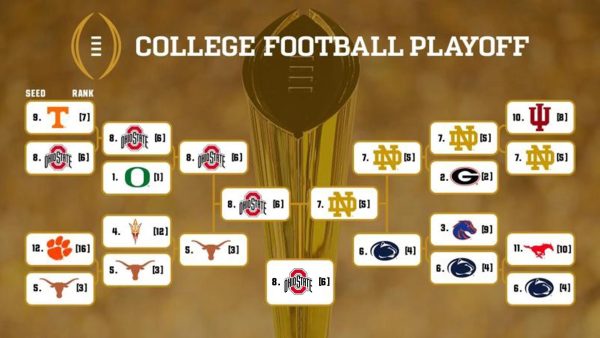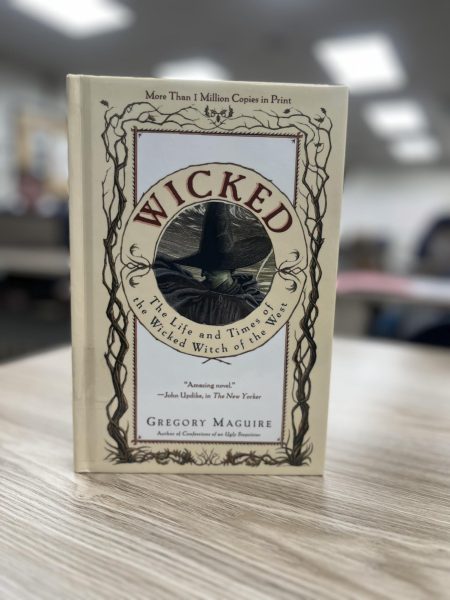Why we can save the Amazon Rainforest

A firefighter surveys the devastating aftermath of the Amazon Rainforest fires.
The Amazon rainforest is on fire. What do we know?
We know it’s burning, we know the Brazilian government is hesitant to stop it, and we know that every news outlet on the planet has something to say about it. At least, they did before Hurricane Dorian hit the Bahamas full force and dominated headlines.
Our generation is determined to fix the problems of a world that we are on the cusp of inheriting. Many students appear determined to make their voices heard and to enable real change in society, and climate change is one controversy that especially inspires passion.
“I think everyone should realize the threat of climate change and take steps toward solving the problem,” senior Natanya Tedla said.
Tedla’s sentiment is echoed by many of her fellow classmates. So in August when the news broke internationally that the Amazon Rainforest, one of the most diverse ecosystems on the planet, was ablaze to a degree visible from space, many people grew understandably concerned. To add insult to injury, it was revealed that: one, the richest countries in the world only scraped together $20 million in relief efforts; two, Brazilian president Jair Bolsonaro refused to accept the meager offerings; and three, the fires were set intentionally.
Many news outlets also claimed that these fires will significantly affect the quantity of oxygen in the atmosphere. However, according to Ecologist and founder of the Earth Innovation Institute Dan Nepstad, the burning of the Amazon will most greatly impact “the way air and energy move around the planet,” and he argues that it is “much better to focus on the Amazon as a cooling system for the planet.”
The complexity of the problem and the surplus of information can feel overwhelming and frustrating for students. One way or another, those in power are harming the environment, seemingly without much remorse. Just talking about it over and over again doesn’t make us feel that much better, either.
But there are other ways, more physical ways, that we can influence the way that big guns handle environmental issues.
According to Yale University, 80% of current deforestation rates is caused by the cattle ranching business. The increase in cattle ranching since the 1990s is in large part due to the rise of fast food industries and beef consumption worldwide, causing a massive demand and a subsequent struggle for produce.
In 2019, researchers have recorded 74,000 fires, 99% of which were started by humans as a means of deforestation for cattle ranching. The number of fires has doubled since 2018, and don’t appear to be decreasing despite the Brazilian government’s ban on the practice in late August.
Only 48 hours after the ban, 2000 more fires were set, Business Insider reported.
As consumers, this aspect of the Amazonian fires is one we can directly impact by eating less beef.
It sounds like a simple solution, but the reality is that many students brush off these opportunities because they seem unnecessary. Translating our outrage into real change involves personal sacrifice, starting with the things that we can easily justify as not being that big of a deal.
But it is a big deal. As we grow up and get cars and credit cards, we are given the responsibility of making decisions as consumers. What is cheaper or more enjoyable is not necessarily more ethical. We have the choice to either pay for potentially more expensive alternatives to red meat and fast foods by eating farm-to-table, or we ignore the consequences of continuing such practices. As practicing consumers, we can’t have both.
When we eat out, we can skip the plastic straw or utensil. We can carpool with our friends instead of all driving individually. We can think about the companies we support and investigate their policies and practices. We can do something because even if we feel like our concerns are never heard, our actions have the potential to speak much louder.
Most importantly, as senior Morgan Vaden likes to remind people, “Climate change is real!”





